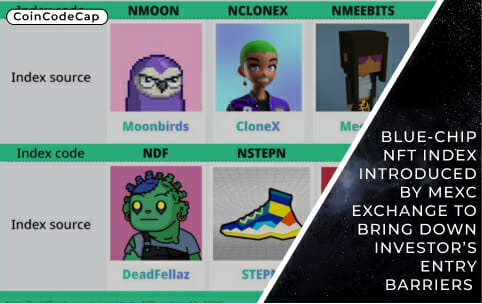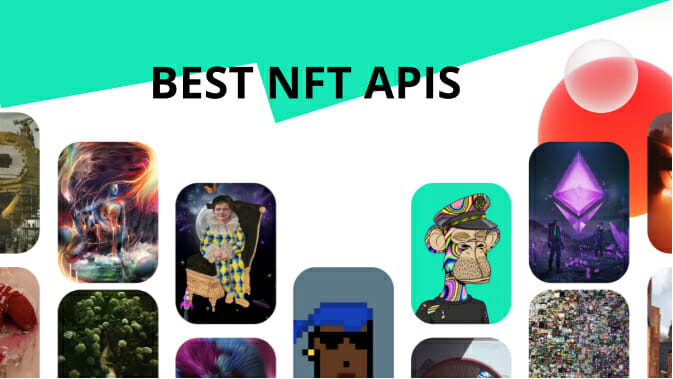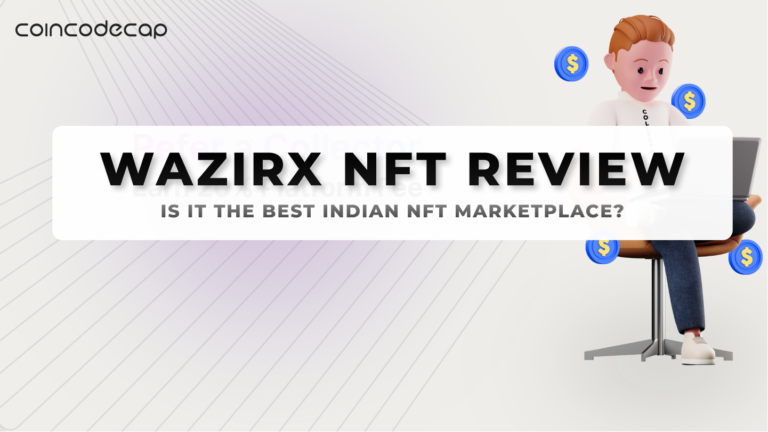NFT (Non-Fungible Token) auctions are a popular method for buying and selling unique digital assets on blockchain platforms. NFTs represent ownership and provenance of a specific digital or physical item, and they have gained significant attention and popularity in recent years, particularly in the world of art, collectibles, gaming, and entertainment. Here’s a comprehensive overview of NFT auctions
Table of Contents
What is NFT?
Non-fungible tokens (NFTs) are indeed unique digital tokens that represent ownership of a specific digital or physical item. Unlike cryptocurrencies such as Bitcoin or Ethereum, which are fungible and can be exchanged on a one-to-one basis, NFTs are non-fungible, meaning each token is distinct and cannot be directly exchanged for another on a like-for-like basis.
NFT Auction
NFT auctions involve the sale of NFTs through a bidding process. Sellers set a starting price, and potential buyers place bids, with the highest bidder acquiring the NFT when the auction ends. Auctions using Non-Fungible Tokens (NFTs) have become one of the most popular ways to buy and sell digital assets, such as digital art, collectible items, virtual real estate, and more. NFT auctions are held online and use blockchain technology to guarantee the authenticity, ownership, and traceability of these digital assets.
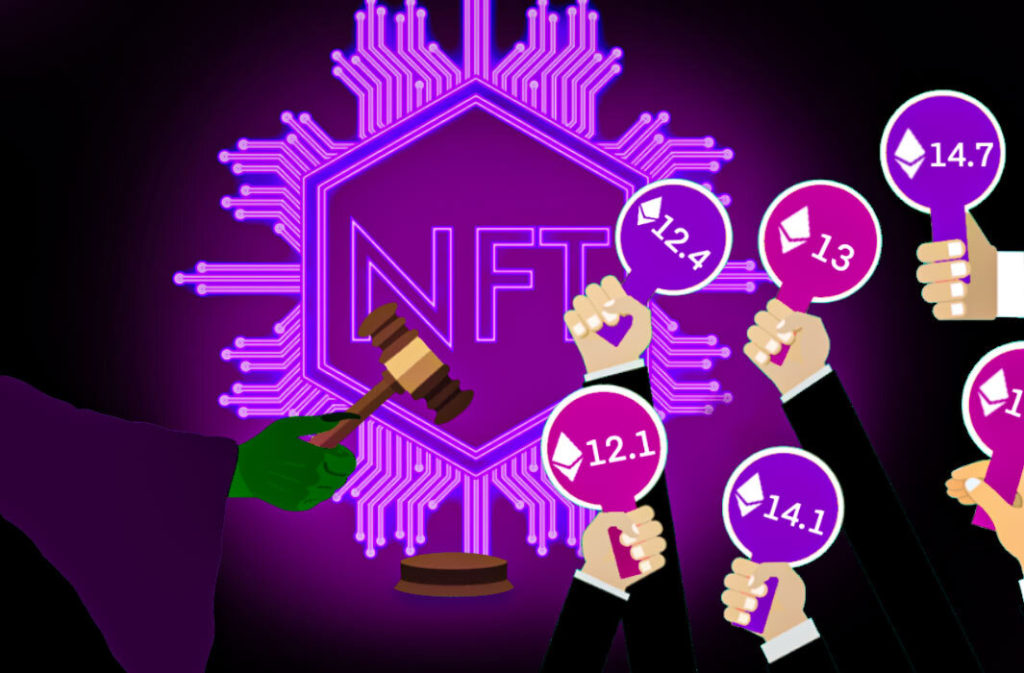
Also Read–> How to get a Free NFT (Non-Fungible Tokens or NFTs)?
Types of NFT Auction
English Auction
- In this format, the NFT’s price starts low, and potential buyers place progressively higher bids. The highest bidder wins the NFT when the auction timer expires.
Dutch Auction
- The price of the NFT starts high and gradually decreases over time until a buyer decides to purchase it at the current price. Dutch auctions are often used for limited-time sales.
- Also Read –> <strong>Gradual Dutch Auctions: Paving the way to innovate NFT sales</strong>
Blind Auction
- Sealed bids are made without the other bidders knowing what they are offering. The highest bidder wins, but only at the cost of the second-highest bid.
How Nft Auction works?
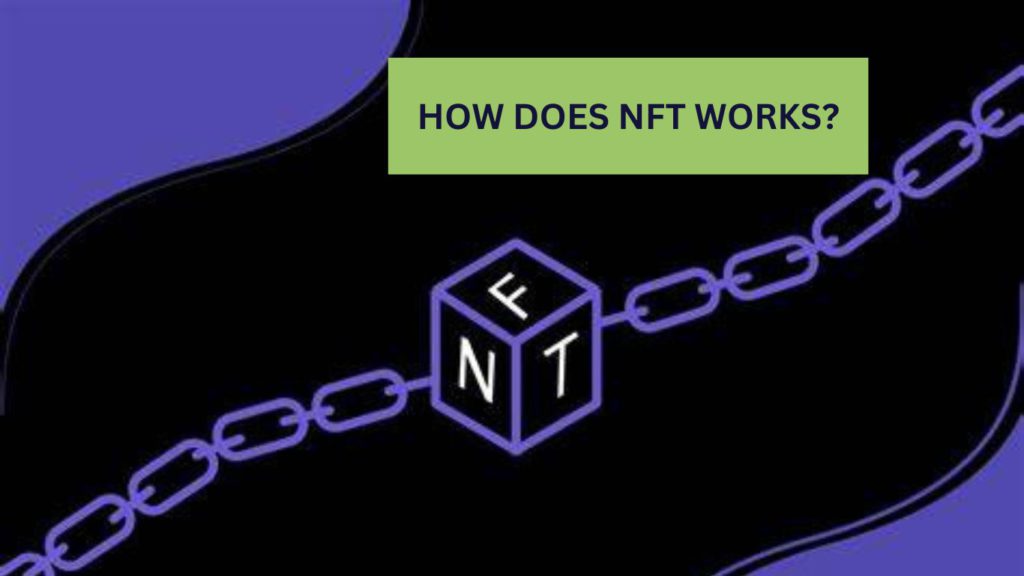
Setting Auction Parameters
- Duration
The duration of the auction can be set by the creator, ranging from a couple of hours to a couple of days.
- Reserve Price
Creators have the option to set a reserve price. The reserve price is the minimum price that the creator is willing to sell their NFT for. If the reserve price is not met, NFT may not be sold.
- Starting Bid
The creator establishes the necessary initial bid for participation in the auction.
- Bidding Increments
Creators can set minimum bid increases to avoid low, one-off bids
Auction Phases
- Bidding Phase
In an NFT auction, participants bid in small increments in a race for the most valuable digital asset.
This dynamic bidding stage, controlled by smart contracts on blockchains like Ethereum, provides automated rule enforcement and bid management, as well as increased transparency and security.
- Final Phase
When the auction is about to end, there is often a countdown timer. Bidders compete to place the highest bid before time runs out.
- Winning Bid
In NFT auctions, the NFT goes to the highest bidder at the auction’s end. This winning bid secures the NFT for the successful participant, concluding the auction with a clear winner. Explore the world of NFT bidding and secure your digital assets with the highest bid.
Payment and Transfer
Once the auction concludes, the winning bidder must make the payment in the cryptocurrency accepted by the auction platform. Once the payment is confirmed, the NFT is transferred to the buyer’s digital wallet.
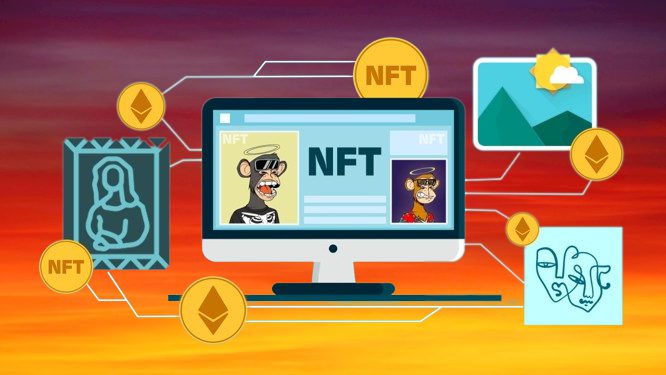
Ownership and Provenance
NFTs come with blockchain records that prove ownership and transaction history. Buyers can verify the authenticity and provenance of the NFT by examining the blockchain.
Secondary Sales
In many cases, creators receive royalties on secondary sales of their NFTs. This means that if the NFT is sold again in the future, the original creator may receive a percentage of the sale price.
Marketplace Fees
Auction platforms often charge fees for hosting auctions and facilitating transactions. These fees vary between platforms.
Popular NFT Auction Platforms
Top NFT auction platforms like OpenSea, Rarible, SuperRare, and Foundation.
OpenSea is renowned for its user-friendly interface and expansive marketplace, while Rarible empowers artists to create and sell NFTs without coding skills.
SuperRare specializes in limited-edition digital art, and the Foundation supports emerging creators in a community-driven space. Discover unique features and aspects of the NFT market on these platforms, making them prominent choices in the evolving landscape of digital collectibles.
Benefits of NFT Auctions
- Price Discovery
Auctions help determine the market value of NFTs based on the bids received.
- Competitive Bidding
Bidders compete to acquire the NFT, potentially driving up the final sale price.
- Transparency
Blockchain technology ensures the transparent and immutable recording of bids and ownership changes.
Elevate your NFT trading skills with Coincodecap Signals, offering automated trading and precise NFT signals accompanied by thorough explanations. Join now to enhance your NFT trading experience.
Challenges and Considerations
- Gas Fees – Ethereum-based NFT auctions often involve gas fees, which can be high during periods of high demand.
- Scalability – Blockchain scalability issues can lead to slow transaction times and high fees.
- Speculative Market NFT values can be highly speculative and volatile.
- Copyright and Ownership Issues – Proving ownership and rights to digital assets can be complex.
- Legal and Copyright Considerations – Sellers should ensure they have the legal right to auction the NFT, especially when selling digital art, music, or other copyrighted works.
Takeaway
As the NFT space continues to evolve, it prompts discussions about the future of ownership, intellectual property, and the broader implications for the art and entertainment industries. While challenges and debates persist, the rise of NFT auctions underscores the growing significance of blockchain technology in reshaping how we perceive, create, and exchange digital assets in the digital age.
NFT auctions represent a transformative intersection of technology, art, and commerce. As blockchain-based assets, NFTs enable the creation, buying, and selling of unique digital content in a decentralized and transparent manner. Creators can tokenize their work, and collectors can participate in auctions to acquire exclusive ownership.
You May Also Visit
- How to Mint NFT on Coinbase?
- How to Buy NFTs in India on WazirX?
- How to get a Free NFT (Non-Fungible Tokens or NFTs)?
- Top 5 Upcoming NFT Projects
- Best 5 FREE NFT Tools – Profit by Trading NFTs
FAQ(Frequently Asked Questions)
Can I sell my NFT after winning it in an auction?
Yes, after winning an NFT in an auction, you can choose to keep it, sell it on the same platform, or transfer it to another platform for resale. NFTs can be traded on secondary markets.
How is ownership of an NFT verified?
Ownership of an NFT is verified through the blockchain ledger. The blockchain records the ownership history, ensuring transparency and proving the authenticity of the digital asset.
Which blockchain is commonly used for NFTs?
Ethereum is the most common blockchain for NFTs, but other blockchains like Binance Smart Chain, Flow, and Tezos also support NFT standards and host NFTs
How do I participate in an NFT auction?
To participate in an NFT auction, you need a digital wallet with cryptocurrency. Browse NFT marketplaces, find an auction you’re interested in, place bids by committing cryptocurrency to the auction, and wait for the auction to conclude to see if you’ve won.

